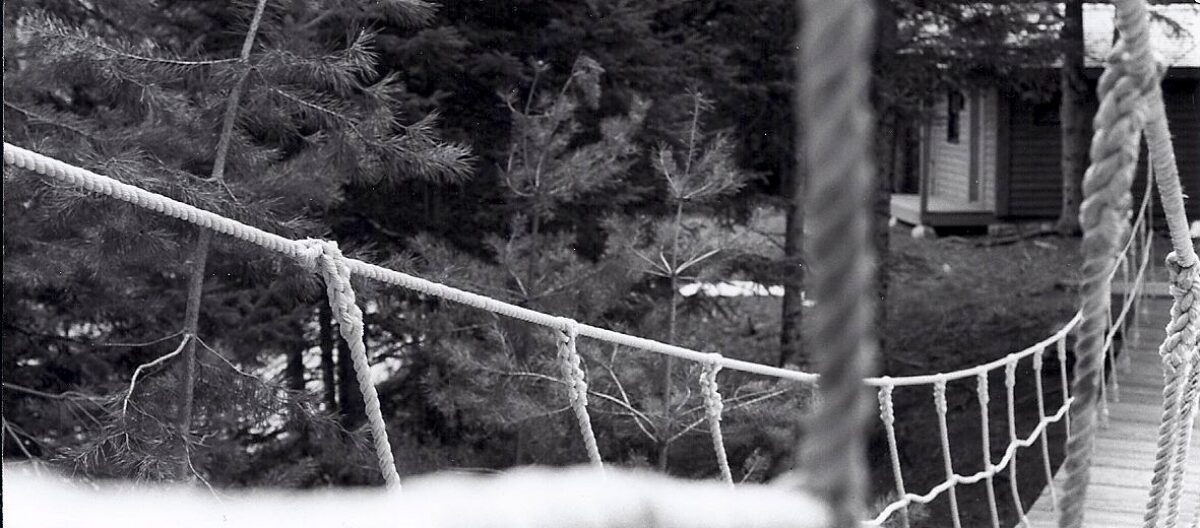FEAR AND LOATHING
The Isolation Blues;
reflections during covid-19

Well…shit, what can I say? Objective journalism is a hard thing to come by these days. We all yearn for it, but who can point the way? As for me, my doctor says it swole up and busted about ten years ago. The only thing I ever saw that came close to objective journalism was a closed circuit TV set up that watched shoplifters in a general store in Woody Creek, Colorado…So much for objective journalism. Don’t bother to look for it here / not under any byline of mine; or anyone else I can think of. With the possible exception of things like box scores, race results, and stock market tabulations, there is no such thing as objective journalism. The phrase itself is a pompous contradiction of terms.
The prevailing wisdom today is that any candidate in a standard-brand two party election will get about 40 percent of the vote. The root assumption here is that neither party would nominate a man (or woman) more than 20 percent different from the type of person most Americans consider basically right and acceptable, which almost always happens. There is no potentially serious candidate in either party this year who couldn’t pass for the executive vice-president for mortgage loans in any home town bank from Bangor to San Diego.
Fear and Loathing on the Campaign Trail ’72
*
“Hear me people: we have now to deal with another race – small and feeble when our fathers first met them, but now great and overbearing. Strangley enough they have a mind to till the soil and the love of possession is a disease to them. These people have made many rules that the rich break but the poor may not. They take their tithes from the poor and weak to support the rich and those who rule.”
Chief Sitting Bull; Powder River Conference 1877
*
If George McGovern had a speech writer half as eloquent as Sitting Bull he would be home free today – instead of twenty two points behind and racing around the country with both feet in his mouth. The Powder River Conference ended ninety five years ago, but the old chief’s baleful analysis of the white man’s rape of the American continent was just as accurate then as it would be today if he came back from the dead and said it for the microphones on prime-time TV. The ugly fallout from the American Dream has been coming down on us at a pretty consistent rate since Sitting Bull’s time – and the only difference now, with election day ’72 only a few weeks away, is that we seem to be on the verge of ratifying the fallout and forgetting the dream itself. Sitting Bull made no distinction between Democrats and Republicans – which was probably just as well, in 1877 or any other year – but it’s also true that Sitting Bull never knew the degradation of traveling on Richard Nixon’s press plane; he never had the bilious pleasure of dealing with press secretary Ron Zeigler, and he never met John Mitchell, Nixon’s king fixer. If the old Souix chief had ever done these things, I think – despite his angry contempt for the white man and everything he stands for – he’d be working overtime for George McGovern today.
Fear and Loathing on the Campaign Trail ’72
*
With election day a little more than two months away it’s time to ratchet up the bullshit deflector and brace yourself for an onslaught of political rhetoric and less than objective campaign advertisements. Every American election has its share of unabashed misinformation and personal diatribes, but I think even Hunter S. Thompson would be shocked at the foul level of “Fear and Loathing on the Campaign Trail ’20.” (And that’s saying something!) It’s not just the noise and vitriol of the exchange, but the exaggeration of extremes that is leading to a political chasm that endangers the very stability of our democratic process. And once you start to frame your arguments in a “good guy vs bad guy” or “good vs evil” manner, then a sinister line indeed has been crossed. What kind of an option is that for a voter? If you label the opposition as a danger to society, it makes the next step towards violence that much easier to rationalize.
The language that we use in political discourse and campaigns is crucial to a civil outcome no matter who wins. Policy ideas and constructive legislation often get lost in the scuffle of party politics and clever diversions when the positive tenor of our communication is ignored. Language is the tool of a statesperson and its responsible usage can be a game changer for the good of all while reckless and irresponsible speech is a harbinger of bitter results and leaves a foul taste in everyone’s mouth. And in polarized times such as ours inflammatory language simply adds a dangerous accelerant to an already incendiary situation. We must choose our words carefully when the stakes are high and right now the stakes have never felt higher. We are currently contending with a global health pandemic, racial injustice, unprecedented income inequality, a national health care crisis, gun violence and complications from climate change (and that’s just the short list). There are no easy or obvious answers to any of these issues and it will require a vigorous and visionary electorate along with principled elected officials to guide the process. We are all in this democratic experiment together and it will take each of us exercising our vote and speaking our civil voice to bring it to be.
Still two months to go…
In the Woods,
Dave
September 3, 2020

I certainly find myself polarized and polemical. I am angry at politicians, mostly of the righter-wing variety, for perpetuating the lying that has created a beautiful incubator for the actions we saw on Capitol Hill on January 6. However, I’m sure that many of those regular folk who are in my precisely opposite position on the political spectrum can point sincerely to lefter-wing politicians that they hold responsible for this incubator. The solution is elusive, but I’m sure it involves putting down the weapons and actually talking, perhaps in person, with each other until we can find common ground.
While I believe that income is a critical issue, I really started this response in order to suggest a wording clarification regarding “inequality” of income. I think a better word is “disparity.” I don’t think we all need to have equal income. We just need to significantly reduce the disparity in income. I don’t think many Americans at the lower end of the income and/or assets spectrum think that we should all have the same amount of money. What we MUST have however, is equal opportunity to earn as much money as our innate abilities, skill, and education allow, and the lowest amount of income and assets must still allow everyone to provide adequate food, clothing, shelter, and health care to themselves and their families. So, we do need a redistribution of wealth, but it doesn’t have to make us all equally wealthy. Just sufficiently wealthy.
okay, I can go along with “income disparity.” It is certainly way out of kilter right now…